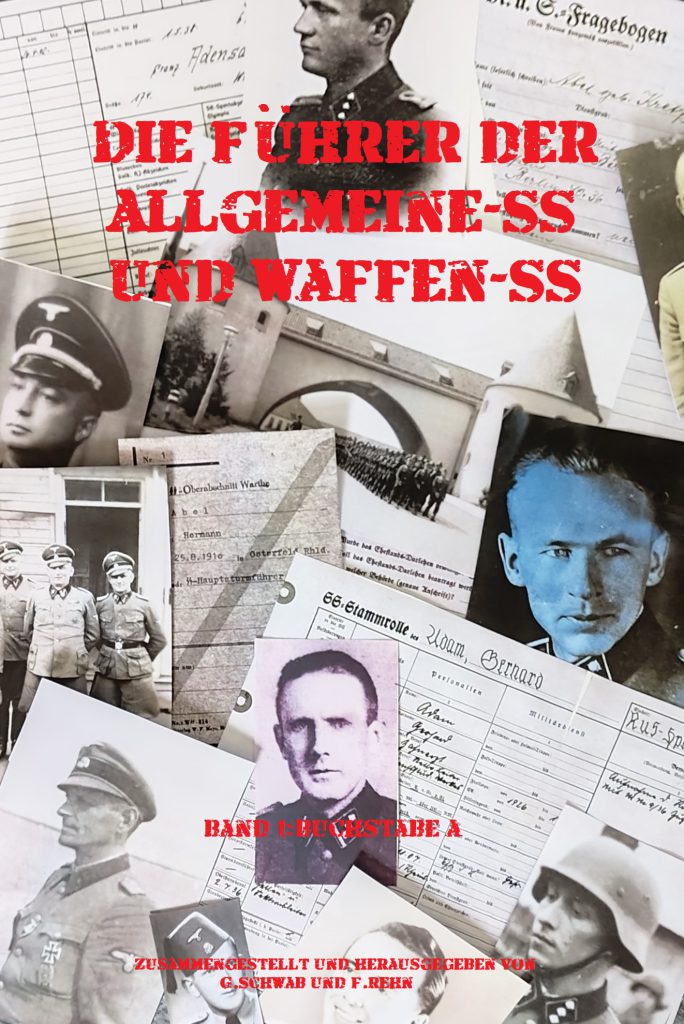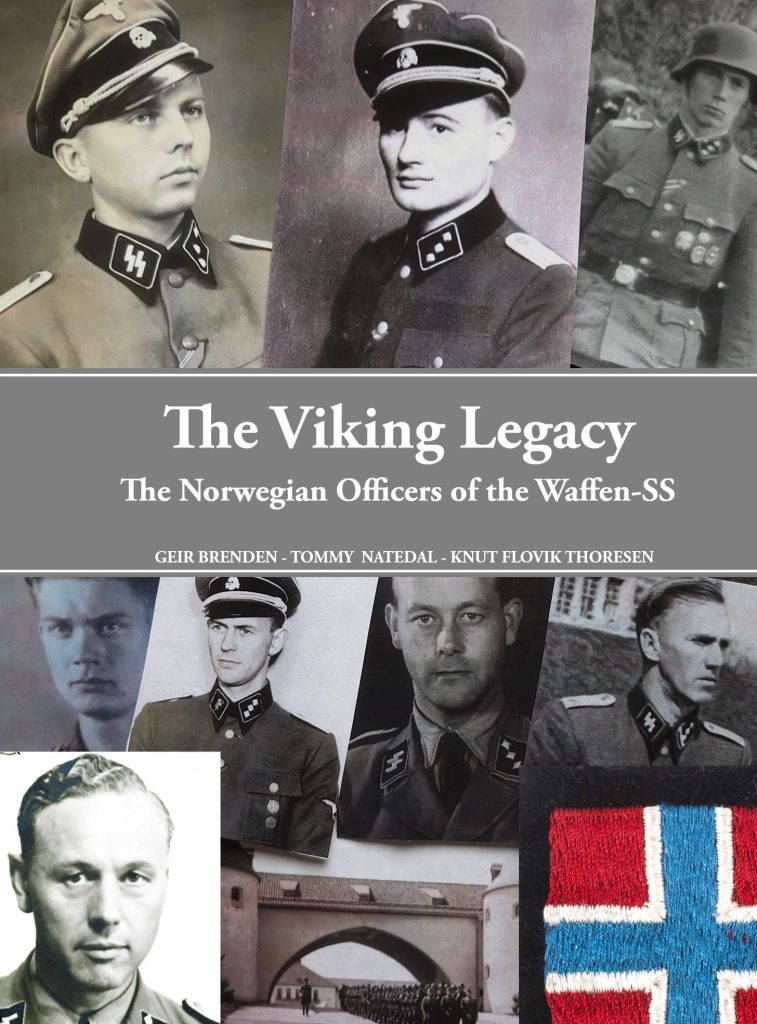World War II was a vast and complex conflict, spanning several years and involving multiple nations. Rather than attempting to cover the entirety of the war, it’s best to narrow your focus to a specific aspect or event. This will allow you to delve deeper into the subject matter and present a more comprehensive analysis. If you’re still struggling to narrow down your topic or need assistance with the writing process, you can consider utilizing essay writing services like Ukwritings. Ukwritings is a professional writing service that can help students with various stages of the essay writing process, from topic selection and research to drafting and editing. Here are some practical steps to help you craft a compelling essay on this significant historical event:
- Choose a Focused Topic
World War II was a vast and complex conflict, spanning several years and involving multiple nations. Rather than attempting to cover the entirety of the war, it’s best to narrow your focus to a specific aspect or event. This will allow you to delve deeper into the subject matter and present a more comprehensive analysis. Examples of potential topics include:
- The Battle of Stalingrad
- The Manhattan Project and the development of the atomic bomb
- The Holocaust and its impact
- The role of women during the war
- The Normandy Invasion (D-Day)
- Conduct Thorough Research
Once you’ve selected your topic, it’s time to gather information from reliable sources. Start by consulting reputable books, academic journals, and primary sources such as eyewitness accounts, official documents, and historical archives. If you’re struggling to find relevant literature, consider utilizing literature review writing services, which can provide you with a comprehensive overview of existing scholarship on your topic. This can be especially helpful if you’re applying for scholarships or grants related to your research. Online resources can also be valuable, but be cautious of unreliable or biased sources. Take meticulous notes and organize your research materials in a logical manner. This will make it easier for you to synthesize the information and develop a cohesive argument or narrative.
- Develop a Clear Thesis Statement
Your thesis statement is the foundation of your essay. It should concisely convey the main argument or central idea you aim to explore. A strong thesis statement will guide your research, structure your essay, and help you stay focused throughout the writing process. For example, if your topic is the Battle of Stalingrad, your thesis statement could be: “The Battle of Stalingrad was a turning point in World War II, demonstrating the resilience of the Soviet people and the strategic brilliance of their military leadership.”
- Craft an Engaging Introduction
The introduction is your chance to captivate your reader’s attention and provide context for your essay. Start with a compelling hook, such as a thought-provoking quote or a vivid description of a key event. Then, briefly introduce your topic and present your thesis statement. Remember, your introduction should be concise and focused, setting the stage for the body of your essay.
- Organize Your Body Paragraphs
The body of your essay should be structured logically, with each paragraph covering a specific point or aspect of your argument. Use topic sentences to introduce the main idea of each paragraph, and support your claims with evidence from your research. Incorporate quotes, statistics, and historical examples to strengthen your arguments. Additionally, consider addressing counterarguments or alternative perspectives to demonstrate a well-rounded understanding of the topic.
- Provide Insightful Analysis
While presenting factual information is crucial, it’s equally important to provide your own analysis and insights. Discuss the significance of the events you’re describing and how they impacted the broader context of World War II. Draw connections between different aspects of the war, and offer your unique perspective on the subject matter.
- Craft a Powerful Conclusion
Your conclusion should leave a lasting impression on your reader. Summarize your main points and restate your thesis statement, but do so in a way that reinforces the significance of your argument. You may also consider including a thought-provoking question or a call to action that encourages further reflection or discussion.
- Edit and Proofread
After completing your first draft, take a break and revisit your essay with fresh eyes. Check for logical flow, coherence, and clarity. Ensure that your arguments are well-supported and that your writing is free of errors in grammar, spelling, and punctuation. Consider having someone else read your essay and provide feedback. An outside perspective can often identify areas for improvement that you may have overlooked.
Remember, writing an essay about World War II is not just about presenting facts; it’s about telling a compelling story and offering insightful analysis. By following these steps and maintaining a focused and engaging approach, you can create a thought-provoking and informative essay that sheds light on this pivotal moment in history.


